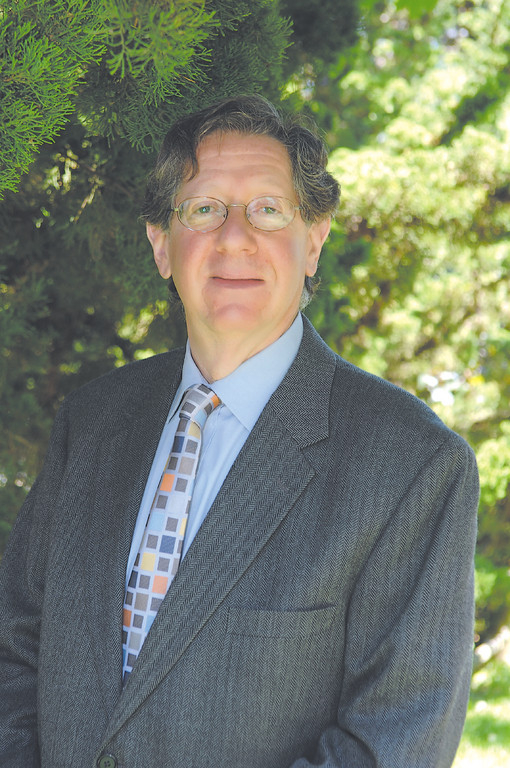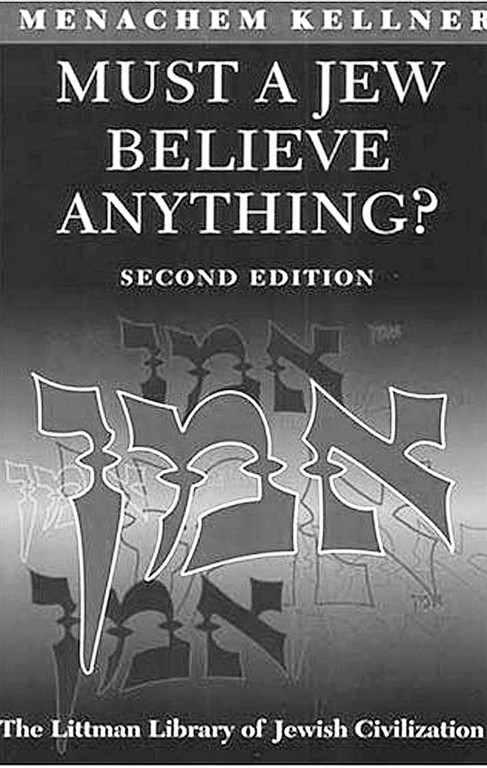The Kosher Bookworm:Moses, Maimonides, and history
One of Maimonides’ lasting legacies was his attempt to systemize the specifics of Jewish belief. Consisting of thirteen statements, he gave our faith a form wherein we are able to point to specific basic beliefs that go to the core of our faith. The seventh one focuses upon the belief in the role of Moses in our tradition.
Maimonides states the following in his commentary to the tenth chapter of Mishnah Sanhedrin, as cited by Dr. Menachem Kellner in, “Torah in the Observatory” [Academic Studies Press, 2010]:
“The seventh foundation is the prophecy of Moses, our Teacher; to wit, it should be known that: Moses was the father of all prophets – of those who came before him and those who came after him; all were beneath him in rank and that he was chosen by G-d from among the entire species of humanity and that he comprehended more of G-d than any man who ever existed or ever will exist ever comprehended or will comprehend, and that he reached a state of exaltedness beyond humanity, so that he perceived the level of sovereignty and became included in the level of the angels.”
Further description enhances Moses’ role as G-d’s prophet, lawgiver and divinely appointed leader of the Jewish people.
Dr. Kellner states further that, “The prophecy of Moses is different in kind from that of all other prophets; G-d communicated with Moses directly, through no intermediary, in a way which was unique and will never be repeated.” Such was the persona of Moses that was, according to Maimonides, to be accepted as the core to our belief system.
This belief system was analyzed further by Dr. Kellner in a work with the challenging title, “Must A Jew Believe Anything?” [Second edition, Littman Library, 2008].
In this volume we are presented with a comprehensive review of Moses’ role as the premier religious, as well as political, leader of our people for all time. In a detailed footnote, Dr. Kellner states: “Maimonides here makes a number of unprecedented claims about Moses:
a.He is the ‘father of all the prophets, including the Patriarchs who preceded him;
b.No other prophet ever achieved his rank, nor will any prophet do so;
c.Unlike other prophets who, in effect, chose themselves, Moses was chosen by G-d from among all humans;
d.Moses’ uniqueness was, apparently, a consequence of his having achieved such an exalted level of comprehension of G-d;
e.Moses became an angel, pure intellect only.
None of these statements about Moses is commonplace in Jewish tradition.”
These daring claims by Maimonides were disputed by many in the many centuries to come. Nevertheless, despite these disputes, these thirteen core beliefs are to be found in just about every traditional prayer book of our faith both in prose, the Ani Ma’amin, and in poetry, the hymn, Yigdal.
Dr. Kellner goes into greater detail, explaining Moses’ leadership role starting from the Exodus, the giving of the Ten Commandments, and leading to the borders of the promised land. His basic premise is that Moses was different in just about every way and in just about every endeavor that he was involved in. Reading and studying the Torah text with Dr. Kellner’s take will surely give you an added dimension to the Moses legacy from both the religious and historical perspective.
As noted above there were many who differed from Maimonides’ evaluation of Moses’ role and importance within our tradition.
In another work on this subject by Dr. Marc Shapiro entitled, “The Limits of Orthodox Theology: Maimonides’ Thirteen Principles Reappraised,” [Littman Library, 2004] the author cites many contrary opinions and the reasons for those evaluations. One of the most intriguing were those by two very interesting personalities, both no strangers to readers of this column. To be fair,I shall quote Dr. Shapiro’s narrative of this fascinating and challenging teaching.
“Finally, I must mention R. Isaac Luria’s view that Moses’ understanding of divine matters was inferior to that of certain kabbalists [including himself]. This notion is elaborated upon by R. Shneur Zalman of Liady who asks, ‘How did Rabbi Isaac Luria apprehend more than he, and expound many themes dealing with the highest and most profound levels, even of many Sefirot ?’ According to R. Shneur Zalman, because Moses only used prophetic powers, he was not able to reach the heights of R. Shimon bar Yochai, R. Luria, and other kabbalists, who attained their understanding through wisdom and knowledge [chochma v’daat].According to R. Shneur Zalman, this means that, while these kabbalists had a more profound understanding of divine matters, none of them actually reached Moses’ prophetic level. Thus, there is no conflict with Devorim 34:10, since this verse only states only that another prophet as great as Moses will never arise again.
“According to R. Shneur Zalman, this superior understanding of the kabbalists in comparison to Moses explains the Talmudic saying, ‘A wise man is better than a prophet’. R. Shneur Zalman comments: ‘Because by his wisdom he can apprehend exceedingly beyond the levels that can descend netherwards in a mode of revelation to the prophets in the vision of their prophecy. For only the lowest ranks can descend and become revealed to them.’”
These citations by Dr. Shapiro were from the famous Tanya, Likutei Amarim, Igeret Hakodesh, number 19. Re-read last week’s column for the historical perspective to R. Shneur Zalman and the Tanya.
In the months ahead, as you continue to follow Moses in the Torah readings, consider the teachings of both Maimonides and the Baal HaTanya, and the historical and theological teachings of both Dr. Menachem Kellner and Dr. Marc Shapiro. Hopefully, sometime soon, we may be privileged to hear and learn from both of these gifted scholars.

 55.0°,
Mostly Cloudy
55.0°,
Mostly Cloudy 







